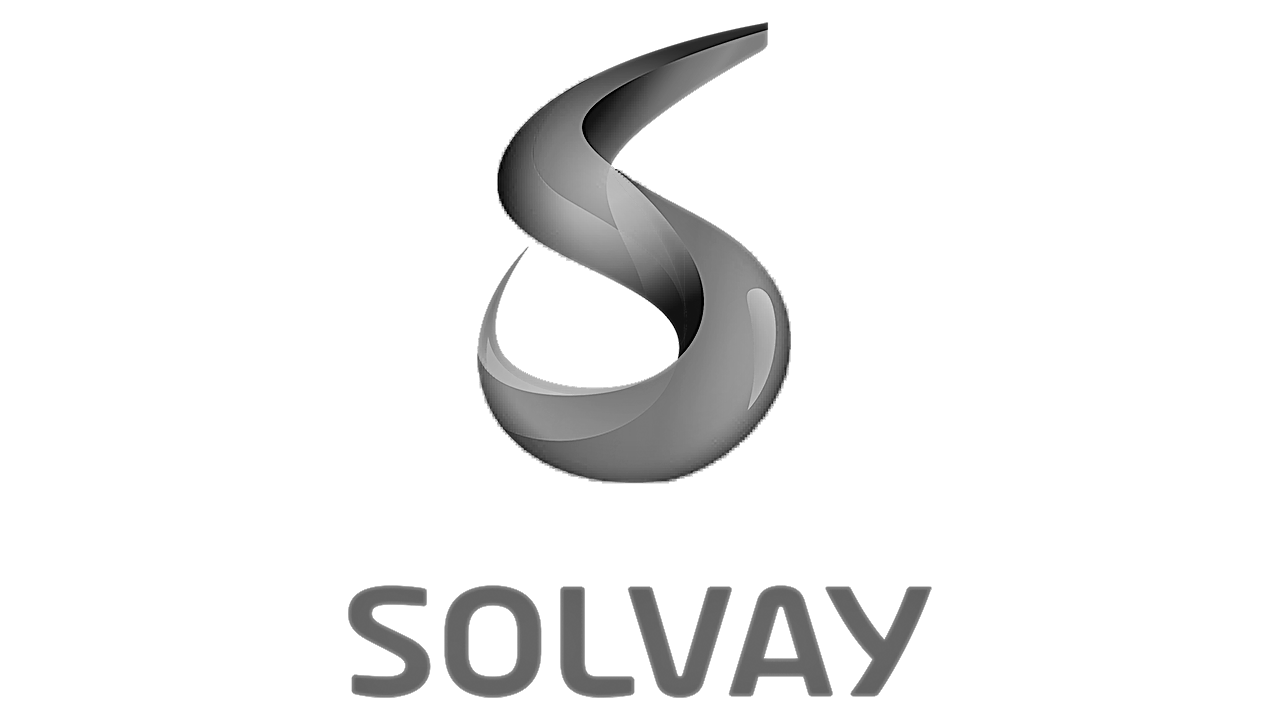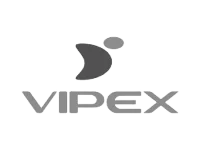Fabric Data Science
Build predictive models and extract knowledge from data with Fabric Data Science




* plus VAT
**Eligible for the training cheque
Objectives
At the end of the course, trainees will be prepared to carry out advanced data analysis, building predictive models and extracting new insights to support decision-making.
This course aims to enable participants to apply advanced Data Science techniques to solve specific problems and take advantage of opportunities in the financial area of companies. Participants will learn how to analyse financial data, build predictive models and use visualisation tools to extract valuable insights.
In this training course, we will develop our skills beyond descriptive analysis. We'll discover the different machine learning algorithms and how to apply them to real management problems. We'll see how to create and optimise supervised and unsupervised models, as well as how to evaluate their effectiveness.
This training course is suitable for anyone who wants to expand their knowledge of data analysis and discover the Fabric Data Science platform.
A professional training certificate will be issued on the SIGO platform, in accordance with Ministerial Order no. 474/2010, of 8 July, for residents of Portugal who successfully complete the training. All others will be entitled to a certificate of participation.
-
Who should attend
Financial professionals and other professionals who wish to develop advanced data analysis with data science.
-
Resources
Trainees should bring their own computer to the training session.
-
Duration
16 hours in person or via Live Streaming
-
Requirements
A basic knowledge of Excel's main functions and formulas, as well as statistics or maths, is recommended.
-
OCC Credits
16 Credits (OCC) - The profesionals that attend this training course and that are certified accountants can submit their training certification issued by Portal Gestão to the Chartered and Certified Accountancy Regulatory Body to be credited the points obtained, depending on the number of hours attended (1 credits per hour of training.


Programme Outline
-
Introduction to Data Science
- The role of Data Science in finance
- Practical applications of Data Science in companies
- Challenges and opportunities
- Introduction to Fabric Data Science
- Fabric Licensing
- Lakehouse, Onelake and Warehouse: characteristics and specificities
- Notebooks: using Python or R to develop models
- Building Machine Learning models to predict results and detect anomalies in data
- Experimentation: what it is and how to use it. Create, run and monitor the development of various models to validate hypotheses
Fundamentals of Data Science
- Basic concepts of data analysis
- Company data sources and their relevance for creating predictive models
- Basics of exploratory data analysis (EDA) applied to financial data sets
Data preparation
- Data cleaning and pre-processing
- Data normalisation and standardisation
- Feature engineering
- Integration of data sources from different origins
-
Predictive Modelling in Finance
- Introduction to predictive financial modelling
- Selection of relevant characteristics in financial data
- Evaluation of predictive models. Model performance metrics
Machine Learning for Finance
- Introduction to supervised and unsupervised machine learning models applied to financial data
- Common machine learning algorithms in finance (regression, classification, clustering)
- Development and evaluation of machine learning models:
- Training, validation and test data
- Underfitting and overfitting
- Model regularisation
- Evaluating model performance
- Tuning hyper-parameters
Advanced Financial Data Analysis
- Predicting bank loan default
- Clustering customers based on their behaviour
- Finding anomalies and potentially fraudulent financial transactions
- Finding association rules: which products will the customer buy next?
Location and Dates:
Live Streaming
Dates: 27/06 and 04/07/2024
Schedules: 9AM - 6PM
Requirements: computer, internet access, webcam and microphone
Porto
Dates: 27/06 and 04/07/2024
Schedules: 9AM - 6PM
Live Training and Live Streaming

The Trainer
Isadora Lupchinski is our Power BI trainer. She is also consultant of business intelligence, where she desevolps implementation projects with out clients. Seh has a degree in Statistics and loves data analysis and result interpretation.
“I believe that every person has a book within them, containing a unique value that they can offer to the world - and the book that I have within me, has competencies modelled with a statistically significant p-value” – Isadora Lupchinski


* plus VAT


























































